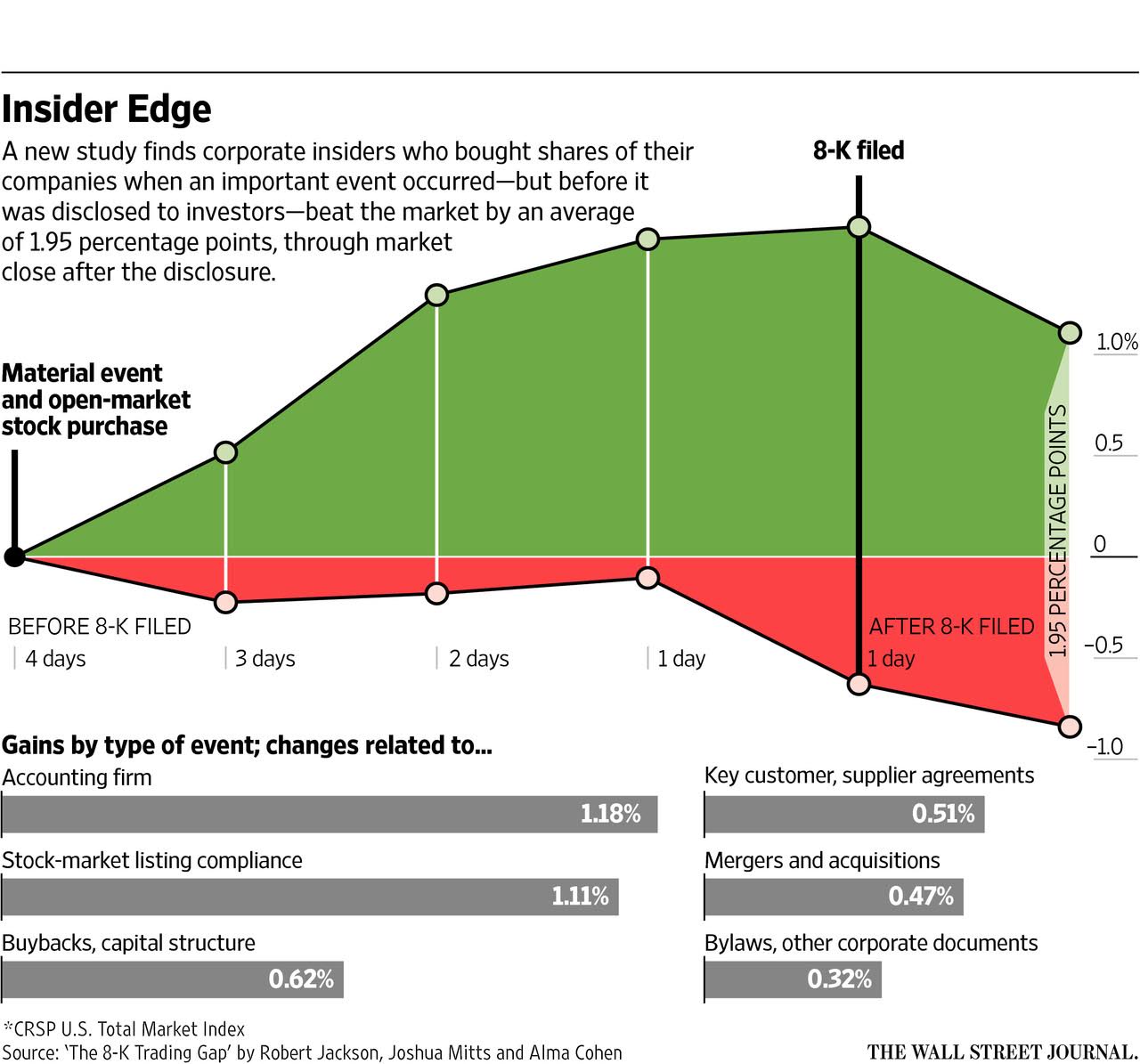Its that time of the week! Settle into your favorite chair, pour yourself a hot mug of Tanzanian Peaberry, and enjoy our long-form weekend reads:
• Inside These Hedge Funds, Special Money Managers for the Boss (Bloomberg)
• Sounds like a hit: the numbers game behind Spotify cover songs (The Verge) see also Pop economics and the rebirth of the cover song (Kottke)
• Uncoachable: Underperformance and egos are asset management’s biggest flaws (Chief Investment Officer)
• The Future and How to Survive It (Harvard Business Review)
• How Playing the Long Game Made Elizabeth Holmes a Billionaire (Inc)
• This is why we write stories (Poynter) but see I am not a story: Some find it comforting to think of life as a story. Others find that absurd. So are you a Narrative or a non-Narrative? (Aeon)
• Anthony Bourdain’s World Domination: Forty-eight hours in Kuala Lumpur with the luckiest chef turned writer turned professional wanderer on the planet. (Men’s Journal)
• Why We Can’t Get Over Ourselves: Exposing the reasons we fail to understand the minds of others. (Nautilus)
• The hard problem – The most profound scientific mystery of all: the one that defines what it means to be human (The Economist)
• Matt Duffy: The New Kid (Players’ Tribune)
What are you reading?
Corporate Insiders Beat the Market

Source: WSJ


“Why we can’t get over ourselves” – What a great read, Barry. Thanks for sharing. I just did.
To understand averages you need to know variance, range, and composition.
The typical male U.S. worker earned less in 2014 than in 1973
This one fact, tucked in Table A-4 of the Census Bureau’s annual report on income, is both a symptom of an economy that isn’t delivering for many ordinary Americans and at least one reason for the dissatisfaction, anger, and distrust that voters are displaying in the 2016 presidential campaign.
China And The Revenge Of The Index Number Problem
I doubt that the underlying micro numbers we are seeing reported from China are as questionable as what was reported in the USSR in the 1930s, but the index number problems in China now with wildly different output trajectories in different sectors, what may have played a major role in the wildly varying estimates of Soviet growth then may also be playing a factor now in the disagreements over what the current Chinese growth rates are. If the past is any prologue, we may never have any resolution to what current Chinese GDP growth rates really are.
“Figures often beguile me particularly when I have the arranging of them myself; in which case the remark attributed to Disraeli would often apply with justice and force: ‘There are three kinds of lies: lies, damned lies, and statistics.’” –Mark Twain
Saudi Arabia squandered its groundwater and agriculture collapsed. California, take note.
Updated by Brad Plumer on September 14, 2015
Many of the world’s most important farming regions can’t rely on rain alone to water all their crops. So they also pull freshwater from underground aquifers that have slowly filled up over many thousands of years. Notable examples include the Central Valley in California or the Indus Basin in Pakistan and India.
The problem is that these underground aquifers take a long, long time to recharge. So if farmers are drawing water faster than it gets replenished, the basins will eventually run dry. This is a looming concern in California right now, as farmers dig deeper and deeper for groundwater to cope with the ongoing drought. But for a look at how bad things can really get, check out Saudi Arabia.
Saudi Arabia depleted its aquifers, and agriculture collapsed
…
http://www.vox.com/2015/9/14/9323379/saudi-arabia-squandered-its-groundwater-and-agriculture-collapsed
Hard to point fingers at Saudi Arabia when we’ve known for many decades that water policy in the western United States was short-sighted and/or corrupt and mostly disastrous however you sliced it; e.g., Cadillac Desert: The American West and Its Disappearing Water (there are earlier works but this one is more readable and has an extensive bibliography).
Climate changes appear to be accelerating some of the processes involved but virtually all the water problems California is experiencing were understood a long time ago as was the most likely outcome absent significant policy changes; those changes didn’t happen so ….
I think most people know that humans rarely react to any warnings. No one gets serious until the crap starts to hit the fan. Which is what is happening now.
Barry, what a great information curator you are. Thanks for these and many others.
It’s not surprising that Galen Strawson, an analytic philosopher, would claim to an anti-narrative view. However, the narrowness of his definition overlooks explanations, excuses, and parabolic expressions (from parables – i.e. “When the cat is away, the mice will play.”) as examples of stories. Further, whether cast as a journey, an inner ensemble (or conflagration) of actors, or a successive sequence of deepening, all are metaphors of experience – a primary process of System 1.
As for Roy Peter Clark’s excellent summary of reports vs. stories, he neglects to mention these two have been conflated since ‘yellow journalism’s’ penny press, and brought to an art form by none other than Joseph Pulitzer. The abilty to discern and desire to absorb impersonal 3rd person information over personal experience is a seldom acquired or encouraged taste.